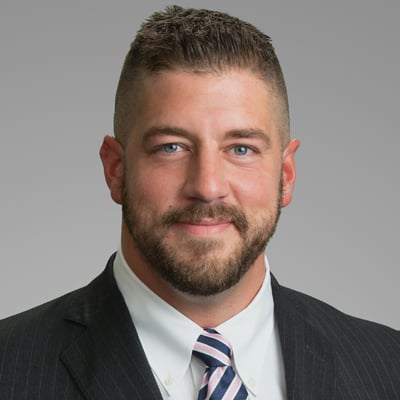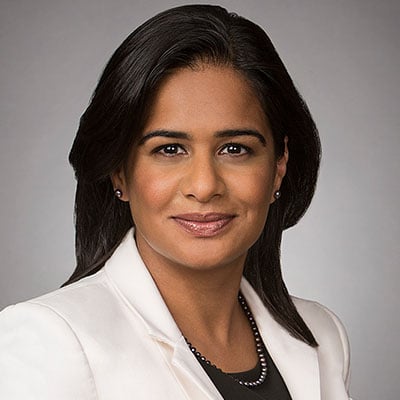Supreme Court Upholds Limited SEC Ability to Seek Disgorgement
In a highly anticipated decision, the U.S. Supreme Court held on June 22, 2020 that the SEC continues to be authorized to seek disgorgement in civil actions brought for violations of federal securities laws (e.g., the Advisers Act).
As addressed in a previous Kirkland AIM, a prior decision in Kokesh v. SEC held that a five-year statute of limitations applies to disgorgement remedies that may be imposed by the SEC in civil enforcement proceedings, treating disgorgement as a “penalty” subject to the relevant statute of limitations.1 However, the Supreme Court reserved in the Kokesh opinion the question of whether courts have the authority to order disgorgement in these proceedings as a matter of first instance.
The June 22 decision resolves that question, following previous case law and equitable principles to find that disgorgement is a permissible equitable profits-focused remedy. However, the court held that disgorgement must be distributed to the victims of the wrongful conduct. The court further held that disgorgement may not exceed a defendant’s “net profits,” requiring courts to deduct “legitimate expenses” before ordering disgorgement. As a result, courts in future decisions must address whether a defendant’s expenses would have been incurred independent of the wrongful conduct or instead were wholly fraudulent in order to determine the amount that must be disgorged.
While the decision will be viewed favorably by the SEC in that it upholds the ability to seek disgorgement in civil enforcement proceedings, the requirement to deduct legitimate expenses is a departure from prior SEC practice and may provide asset managers in enforcement proceedings the means to partially mitigate disgorgement amounts sought by the SEC. The ground rules set forth by the Supreme Court’s decision will provide useful clarity to asset managers undergoing SEC examinations and enforcement proceedings.
If you have any questions about the matters addressed in this Kirkland AIM, please contact the following Kirkland attorneys or your regular Kirkland contact.
Regulatory: Norm Champ, Scott Moehrke, Michael Chu, Matthew Cohen, Marian Fowler, Phil Vincent Giglio, Nicholas Hemmingsen, Alpa Patel, Jaime Schechter, Aaron Schlaphoff, Christopher Scully, Robert Sutton, Ryan Swan, Jamie Lynn Walter, Josh Westerholm
Enforcement: Neil Eggleston, Robert Pommer, Erica Williams
1. A previous Kirkland AIM highlighted the effect of the Kokesh decision on actions of the Division of Enforcement and the substantial amounts of disgorgement relief foregone by the SEC as a result of Kokesh’s limitations.↩









